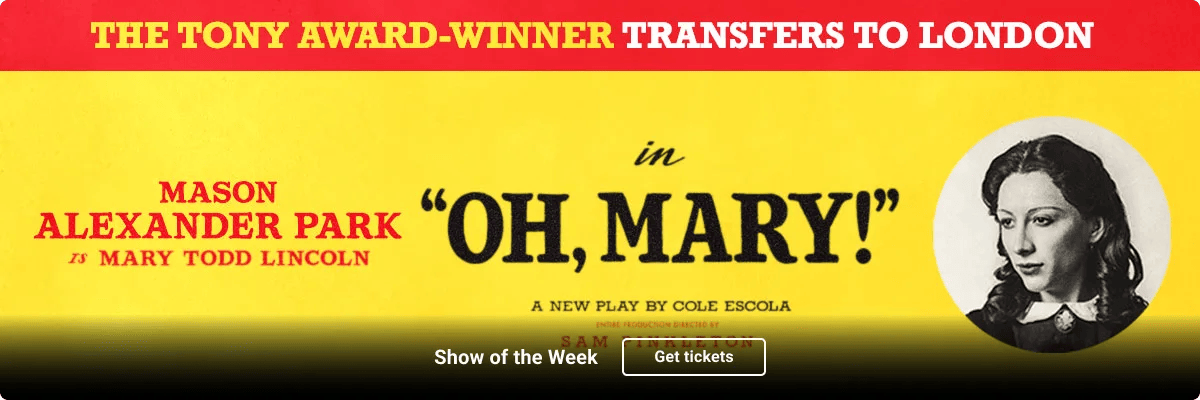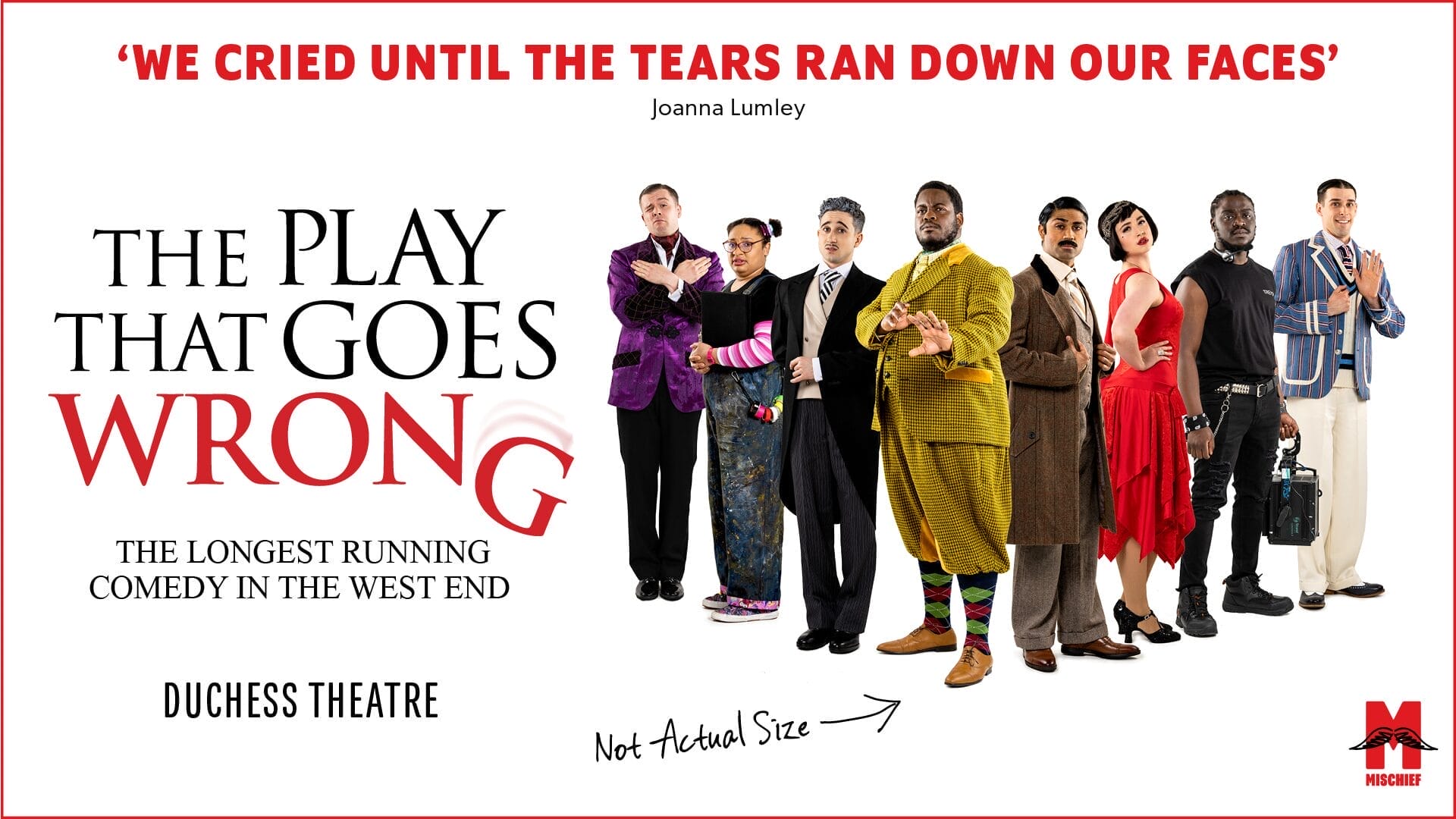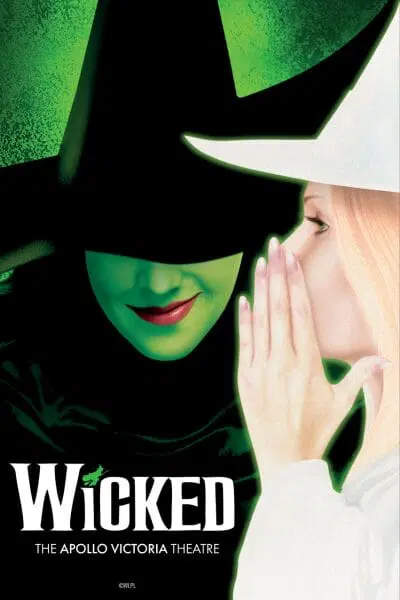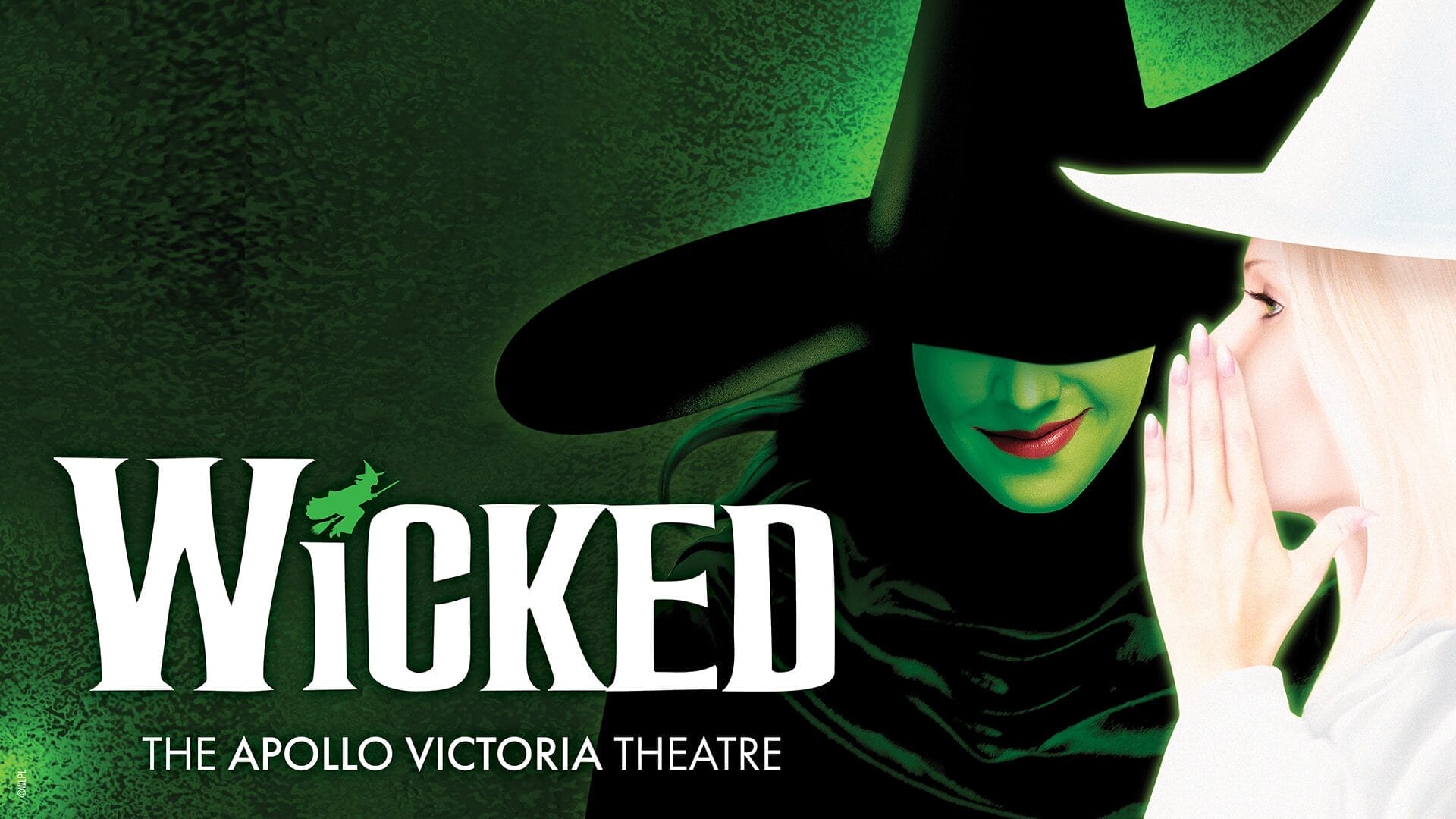Emily White is the writer of new play Homework, one of the Microplays from Open Sky Theatre. MicroPlays is a series of short digital plays made as a collaboration between Open Sky and some of the UK’s most exciting writers.
The writers were asked to address the theme of cultural polarisation, questioning whether our differences have to divide us. Emily White wrote Homework, a horrifically funny take on inter-generational discord caused by climate catastrophe.
All of the microplays, including Homework by Emily White can be viewed here.
What can you tell us about this play?
My piece is a comedy drama about a teenage boy called Philip who is desperately trying to get out of doing his homework by using the climate crisis as an excuse to watch the telly instead.
What inspired you to write it?
I was in a writing workshop back in 2017 and we were discussing the most important issues facing us at the time. I raised the subject of climate change and everyone felt it was a tricky topic to write a play about because it’s easy to end up bashing the audience over the head with science and information, which isn’t very entertaining. I like a challenge, so I went away and wrote this scene. And then it sat in a drawer for two years until Martina and Lisle approached me to write a microplay with the theme of cultural polarisation and I said ‘Ah, I have just the thing!’
Was it a challenge finding the humour in such a heavy, frightening topic?
Actually, no. Once the idea of homework came to me, it just poured out. Probably because I once was a smart-arse precocious teenager myself. I used to have these kinds of arguments with teachers and they knew I was right but they couldn’t let me win the argument – I found it all highly amusing but I kind of feel sorry for them now! The strange thing is I wrote this was way before Greta Thunberg, Extinction Rebellion and the school climate strikes, so when I read it again, it took on a whole new life.
What has been the biggest challenge about adapting your work to this new medium?
I have written scripts for television before but I suppose this is slightly different because it’s digital theatre rather than film. I tried to make sure there was a theatricality to the piece, a heightened language and action that you wouldn’t normally see on television.
I love the idea behind the microplays of making theatre more accessible. Why do you think this is important?
I think the last six months have shown us that there is a hunger for digital theatre. People have needed the arts more than ever during this difficult time. And suddenly it’s easier to access – I think the last six months has opened up theatre to audiences that don’t have the ability to pay for a ticket, it has opened it up to those people that live in rural areas where there isn’t any theatre to go to, and to people who find it difficult to go because of disability or old age, or sickness or because it’s hard to get a babysitter and so on. I think it would be fantastic if more theatres were able to have access to recording equipment to film their productions because that would mean more diversity in the productions we get to see and more diversity in the audiences we get to reach out to.
What would you say to someone who’s interested in watching the microplays?
Do it! You won’t regret it.

















